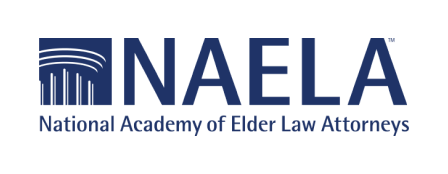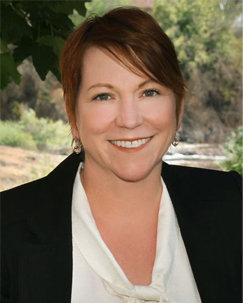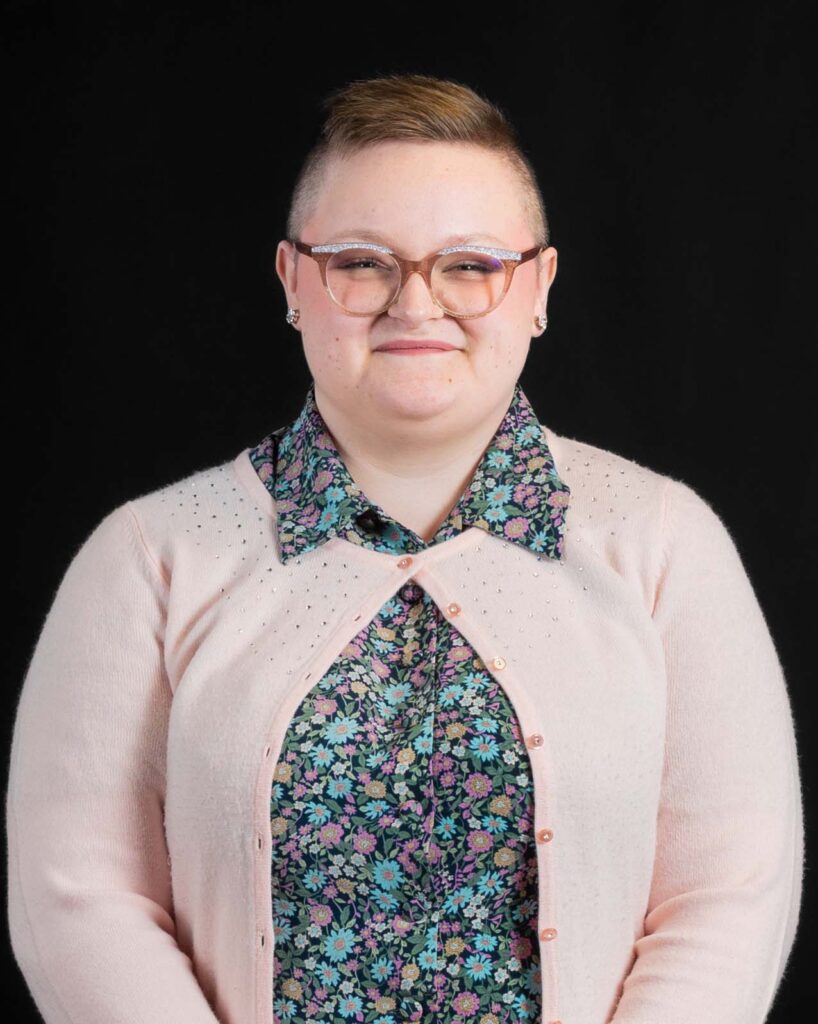Veterans Service Pension Benefits and Pending Legislation
As a nation we celebrated Veterans Day recently to honor our service men and women. We hope you enjoyed gathering with friends and family with a grateful heart towards our military men and women. In keeping with this theme, the ElderCounselorTM will focus our attention this month on Service Pension benefits, which are available to qualifying Veterans. This is a valuable benefit that many Veterans and their families are unaware exists. The law providing this benefit is facing potential legislative changes. In this newsletter, we will provide an overview of the benefit as well as an outline and status of the current proposed changes.
General Requirements for Basic Service Pension
In order to qualify for Basic Service Pension, Veterans must meet several criteria.
The first requirement has to do with the amount of time Veterans were in active duty and whether they served during wartime. Prior to September 1980, Veterans are required to have at least ninety (90) days of active duty with at least one day being during a wartime period. See “Wartime Periods” chart. After 1980, Veterans must have generally served at least 24 months (or the full period for which they were called or ordered) of active duty with at least one day being during a wartime period. Second, Veterans must not have been dishonorably discharged.
Third, Veterans must meet one of the following criteria:
• sixty-five (65) years of age or older;
• permanently and totally disabled;
• in a nursing home receiving skilled nursing care;
• receiving Social Security Disability Insurance; or
• receiving Supplemental Security Income.
In addition, Veterans’ worth must not be excessive and their countable family income must be below a yearly limit set by law. See “Pension Benefit Figures” chart.
Service Pension Benefits
Unmarried, low-income Veterans meeting the requirements stated above, may qualify for a monthly pension of up to $1,038 in 2013. Veterans with one dependent (including a spouse) can qualify for up to $1,360. These figures increase annually at the same rate as Social Security benefit increases.
Veterans who are eligible for the basic service pension discussed above, may qualify for additional monies if they are housebound or require the aid and attendance of another person to perform activities of daily living (or are blind or nearly so or in a nursing home). To be deemed housebound, Veterans must be, for the most part, confined to their immediate premises because of a permanent disability. This may qualify them for a pension up to the amount of $1,269 for unmarried Veterans and $1,590 for Veterans with one dependent.
When Veterans require the aid and attendance of another person to perform activities for daily living, they may qualify for up to a total of $1,732 for unmarried Veterans and $2,054 for Veterans with one dependent.
Death Benefits
Thus far we have discussed what Veterans may be entitled to receive in the way of basic service pension benefits. In addition, a Veteran’s surviving spouse (or child) may be entitled to some benefits, called Death Benefits, upon the Veteran’s death. In order to qualify to receive these benefits, Veterans must meet similar requirements set forth above. The surviving spouse must also meet certain requirements, including having a valid marriage to the Veteran and not being remarried.
In 2013, a qualifying surviving spouse with no dependents may receive up to $696 or $911 with one dependent child. Should the surviving spouse be housebound, he or she may receive up to $851 with no dependents or $1,066 with one dependent child. Finally, a surviving spouse who requires the aid and attendance of another may qualify to receive up to $1,113 with no dependents or $1,328 with one dependent child.
Pension Benefits Application Process
The application process for these benefits can be time-consuming. In addition, the law is written in such a way that its interpretation can be subjective. Specifically, the requirement that Veterans’ worth not be excessive is open to interpretation by the Veteran’s Administration, the administrative body that determines whether Veterans should receive benefits and, if so, how much. Because there is room for interpretation, it is important to obtain the advice of a knowledgeable Elder Law Attorney. In the event a claim for the service pension is denied, there is an appeals process, at which point it is imperative to have qualified legal representation.
The application process is quite lengthy and cumbersome for the Veterans (and family) who are applying and in need of pension benefits. Because of this, there are some recent proposals for changes to the law governing the application process. The purpose of this portion of the bill proposal is to streamline the application process.
Proposed Changes to the Service Pension Law
There are two types of changes to the Service Pension being proposed. One is procedural in nature and the other is more substantive.
The first change being proposed by the legislature has to do with the application process. The proposal would require that a claimant use a standardized form in submitting any and all claims to the VA, including appeals (also called Notice of Disagreement). Currently, forms are not required for all claims, only original claims. According to proponents, this change would modernize and expedite the process. The goal as stated by the VA is to eliminate the backlog of claims by 2015 and to process all claims in 125 days with 98 percent accuracy.
The other possible changes in the VA benefits are more controversial and could have a greater impact on the Veterans’ ability to obtain the benefit.
The bills to watch regarding this issue are H.R. 2189 and S. 944. They are two bills essentially covering the same proposed changes. Below is a summary of some of the controversial provisions in the bills:
Penalty for Disposal of Resources for Less than Fair Market Value
The bills propose that a penalty be imposed against a claimant when disposing of a resource for less than fair market value, if getting rid of that property reduces the amount of the claimant’s entire estate. If part of the resource that was disposed of would have been used on the claimant’s maintenance, a penalty would be imposed. The language used is subjective enough to allow the VA to disregard smaller transfers. It leaves open to interpretation whether the transferred amount would have reasonably been used for the claimant’s maintenance.
36 Month Look Back Period
The bills would require a look back period of 36 months prior to the application. This means that when applying for the VA service pension, the VA will look back over the past three years at any gifts or other transfers of property that have been made by the claimant. This applies to the initial application and to any requests for increased pensions or redeterminations.
Transfers to Trusts and Annuities
The bills make it clear that any transfer to a trust, annuity or other financial instrument or investment is considered the transfer of an asset, if it reduces the net worth of the claimant. H.R. 2189 makes an exception for a trust established for the benefit of the Veteran’s child, but references federal law that applies to self-settled special needs trusts and therefore may not be appropriate for a parent-to-disabled-child transfer.
Remaining Ineligibility Period Transfers to Surviving Spouse
Where a surviving spouse makes a transfer during the Veteran’s lifetime and the transfer results in a penalty period that has not run its full course prior to the death of the Veteran, the remainder of the penalty period will be imposed on the surviving spouse. In other words, the surviving spouse will not be able to get Death Benefits until the entire penalty period has run.
Effective Date
The new law would be effective one year after it is enacted.
Conclusion
As a nation we desire to honor our service men and women. One of the ways we do this is through benefits such as those described herein. Unfortunately, many of our Veterans and their families are unaware of the existence of the service pension benefits available. If you know of a wartime veteran or surviving spouse of a wartime veteran we would be happy to speak with them about whether they could be eligible for a pension benefit. Please contact us today for a free consultation.
| Wartime Periods |
|
|
2013 Pension Benefit Figures – Surviving Spouse |
||
|
Type of Benefit |
Maximum Annual Pension Rate (Income Limit) |
Monthly Maximum Annual Pension Rate (Income Limit) |
| Service Pension |
$12,465 |
$1,038 |
| One dependent child |
$16,324 |
$1,360 Medical expenses must exceed $816 to be deducted |
| Housebound |
$15,233 |
$1,269 |
| One dependent child |
$19,093 |
$1,590 |
| Aid and Attendance |
$20,795 |
$1,732 |
| One dependent child |
$24,652 |
$2,054 |
| Each add’l dependent child |
$2,129 |
$177 |
| Two Veterans Married to Each Other |
$16,324 |
$1360 |
To comply with the U.S. Treasury regulations, we must inform you that (i) any U.S. federal tax advice contained in this newsletter was not intended or written to be used, and cannot be used, by any person for the purpose of avoiding U.S. federal tax penalties that may be imposed on such person and (ii) each taxpayer should seek advice from their tax advisor based on the taxpayer’s particular circumstances.




















